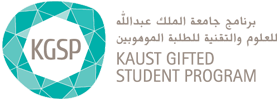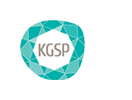Overview
The KGSP alumni network spans over 450 alumni total. With majority of KGSP students matriculating to KAUST following their undergraduate studies, the Program's Alumni Council and Lead works to facilitate and maintain connections between the alumni body.
Meet our current council leadership and stay connected for upcoming meetings and events.
Update your contact information for the to keep in touch on the most up-to-date announcements.
Have a job post to share or currently job hunting? Submit job postings or browse current openings on our job board.
Alumni News
Alumni Spotlight: Sarah Al Abdullatif
In this KGSP Alumni Profile, Sarah Al Abdullatif traces her journey from Dhahran to UC Berkeley, KAUST, Emory, and now to MIT, where she is researching as a 2025 Ibn Rushd Fellow. Along the way, she has collaborated with a diverse and interdisciplinary network of scientists, including KAUST Professors Kuo-Wei Huang and Iain McCulloch, and Stanford’s Professor Alberto Salleo. At MIT, Sarah is advancing research in health sciences, focusing on immune-related diseases and neurological disorders through the lens of chemical biology. Sarah’s experience highlights the power of curiosity, mentorship, and combining scientific disciplines to drive innovation.
Where do you come from? Can you tell me a little bit about your hometown and what your family's like?
I am from the Eastern Province of Saudi Arabia. I grew up in Dhahran. I have four siblings, two brothers and two sisters. My twin brother, Salam, was also a KGSP student. Both of my parents worked for Aramco. My dad was an electrical engineer and my mom was a medical doctor, so there was a very big emphasis on education and rational thinking.
What led you to the KGSP?
I initially got involved with KAUST through the SRSI program. I have always been interested in scientific research, and I met some of the previous generations of SRSI students through that interest, so I was really motivated to become a part of the program. I did summer research at KAUST during high school, and that fed nicely into the KGSP.
What were your impressions of KAUST during SRSI, and how did that motivate you to become a part of the KGSP scholarship?
Fundamentally, the mission of KAUST is a great objective. Everyone is collectively trying to achieve this common goal of improving education in Saudi Arabia, which is desperately needed and I'm very happy that there is this community of people working towards that, and that I get to be part of that community.
Could you tell us a little bit about your time as a KGSP student at Berkeley? How did that time prepare you for studying at KAUST as a master student?
Even though I did have that strong background, it was still an adjustment to get used to the academic rigor of UC Berkeley. It was tough. But I also will say that I was happy that there was a cohort of KGSP Foundation Year students studying there at the same time. It felt like there was a community there for me to lean on when I needed it.
Berkley was incredible. I got such a high quality of education there. So, going back to KAUST, I felt very prepared for what I was learning as a graduate student. I did have a bit of research experience at that point as well. So, I knew what I was interested in and that was helpful.
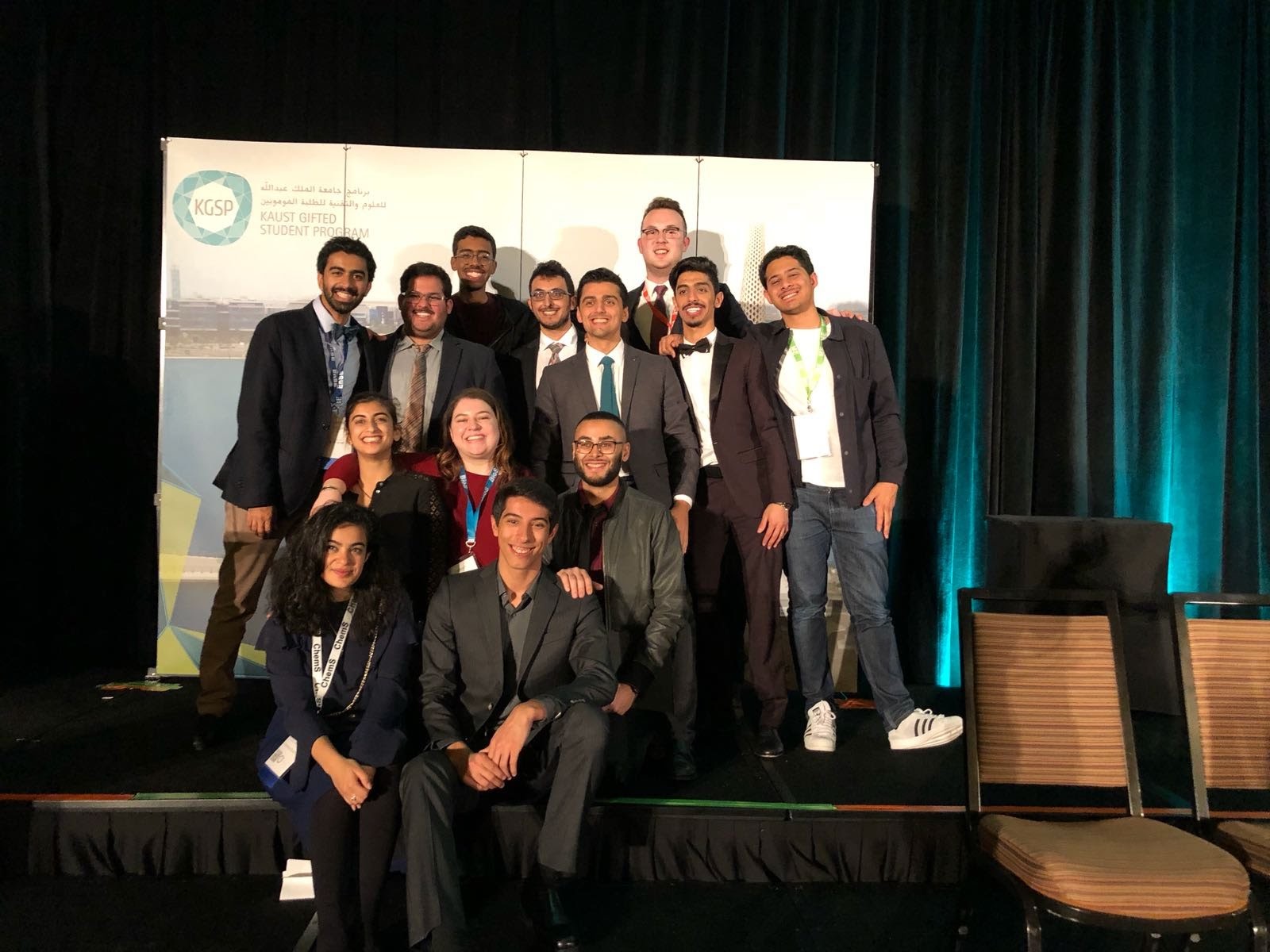
How did you decide on Chemical Science as a field of study, and how have your goals changed over the years?When I was an SRSI student, my advisor was Kuo-Wei (Andy) Huang. I had spoken to him about having an interest in chemistry, but I was also interested in biology, and I wasn’t sure which one I want to pursue. When I was later admitted to Berkeley, I had to choose my major, and they have chemistry and chemical biology as two separate majors. Andy advised me that it's good to have a very strong general foundation and you can get more and more specialized as you get on in years. His recommendation was to start with a chemistry background. As I started to pursue my research interests, I became a bit more biology-focused.
During my master's, I was working on a project that was a collaboration with a professor at Stanford. I worked with Professor Iain McCullough at KAUST, who works with polymer electrochemical transducers. There was a bioelectronics conference at KAUST, and Iain introduced me to a professor from Stanford called Alberto Salleo, who had recently published a paper where they developed a new type of biosensor that gives an electrochemical readout, but is actually sensing noncharged biomolecules like hormones, which is a very difficult thing to do. That initiated a collaboration between the two groups, and I came to Stanford for a summer and did some work in Alberto's lab, which ended up becoming my master's thesis.
I knew, even as an undergrad, that I had a very strong passion for research. I knew I wanted to do research in some capacity, but I wasn't sure if I was going to go the academic route or the industrial route. Throughout my career at KAUST and at Emory, I felt that there's this very freeing aspect to academic research, where you get to basically study whatever you think is cool and exciting. So that's put me on the path that I am on right now. That is not to say that I will necessarily be on this path forever, but that's the path that I'm on right now and I'm enjoying it.
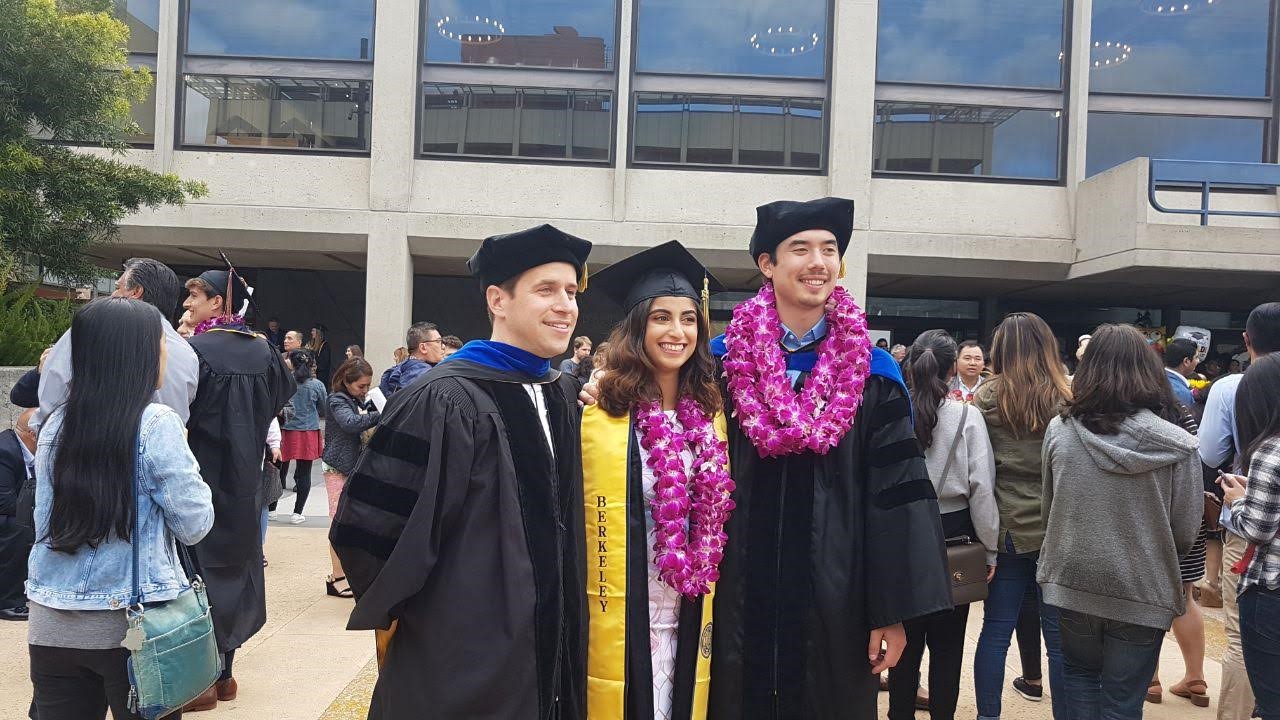
You took a path that is not very common for KGSP or KAUST students in pursuing health sciences. What was your though process for pursuing health as a PhD at Emory? What were you hoping to achieve?
My interest was in chemical biology, which is using chemistry to understand biology and to create tools for biological applications. But foundationally, it's chemistry. It's very fundamentally different from just doing biological sciences. I noticed that there was a lack of that type of research, not just at KAUST, but in the Middle East in general. KAUST does have excellent research in both biology and chemistry, but there can be more work to be done in joining these fields and making them more interdisciplinary. So, my goal was to do my PhD in a lab that was very interdisciplinary, where I could do more chemical biology, material science, therapeutics, biosensing, and lots of different topics that bridge all these different disciplines.
The lab that I joined at Emory puts a particular emphasis on biophysics and the ways that mechanical forces play a role in biological processes, which is not something that we think about very often. People can sometimes be very rigid in their understanding of biology, physics, chemistry, as if these are very separate disciplines. But they are intertwined. My lab was interested in this aspect of how mechanical forces play a role in biological activity. But to answer that question, we need to be able to detect mechanical forces at that scale. How much force is being generated by a cell? Only a tiny amount. It's very hard to measure that with tools that are currently available. So, my focus was on developing tools to be able to do that. The way that I did that was through nucleic acids, which are in and of themselves biological structures. But the chemistry is also very well understood, so that makes it easy to be able to design them for specific applications.
Can you tell me about a little bit of the research that you're doing as a part of the Ibn Rush Fellowship?
I'm continuing to work with nucleic acids and basically developing nucleic acid structures for either studying or influencing biology. One project that I'm working on is developing vaccines for immune cells. Another project that I work on is imaging proteins at neuronal synapses and understanding certain genetic disorders.
On the immune side, I am working on developing DNA nanoparticles which deliver therapeutics to B cells, and that helps activate them to generate a stronger immune response. On the neuronal side, we're studying certain genes that are associated with conditions like autism and seeing when those genes are expressed versus when they are knocked out, what is the difference in the synaptic expression of proteins.
Vaccines and neurological disorders are both major topics of discussion these days. Has the discourse impacted how you approach your research?
Unfortunately, there's a lot of misinformation out there, and it is very hard for people to be able to determine what is true and what is misinformation when they're not experts in the field. Separate from my research objectives, I've been passionate about scientific communication. The way that we’re taught, there's not a big emphasis placed on scientific communication. I think scientists tend to value very analytical skills, and there's less appreciation for these softer skills like communicating with the public and giving them the tools to be able to understand what is and isn't a credible source. I've done a little bit of work on this but would like to keep working in that area.
What motivates you?
I am motivated to learn. One of the reasons why I'm drawn to research is because I constantly get to tackle new problems. It’s important to me that my work is making a tangible impact. That's also one of the reasons why I'm interested in taking my work in biological directions, because I know that that is something that can help humans in the relatively near future.
Also, outside of academics, I like to spend a lot of time in nature. Sometimes when I am working and nothing is going as planned and I'm just really upset, I'll just go for a walk somewhere with a lot of trees and that will make me feel better. Another thing that I enjoy doing – that I actually got into at KAUST – is scuba diving. Scuba diving is a very meditative experience. That was probably one of the best parts of living at KAUST, diving in the Red Sea pretty much every weekend. The Red Sea is one of the best places in the world to do that.
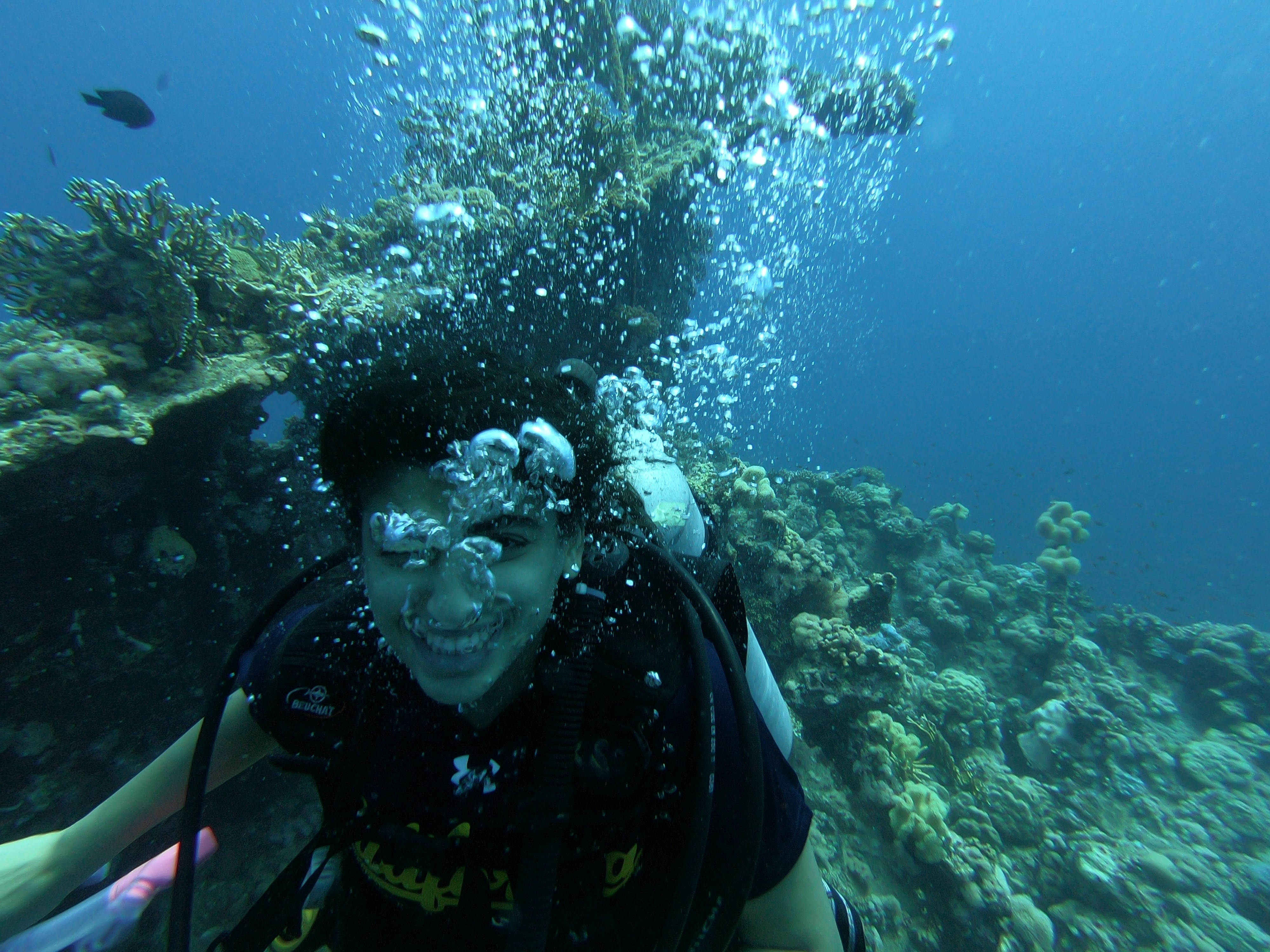
What were some of the key relationships that mattered most? Where did you get the most support to get to where you are now?
There's so many. I don't know if I can limit it to just a few people. I just feel like I've been so lucky in so many different points in my life. I mentioned that my parents worked for Aramco, so that gave me an opportunity to meet a lot of engineers and scientists and go to a school that was one of the best schools in the country. KAUST has also given me the opportunity to meet so many great people. Andy is one of them. And the people on the KGSP team, Saham, Najah. I've had many great mentors over the years. My advisor during undergrad and the graduate student who mentored me during my undergraduate research. There are so many more people that I didn’t mention.
What's one piece of advice that you would give to your younger self, or maybe to a current or future KGSP student who might be reading this?
Work hard but also remember that you are a human being and you need to take care of yourself. Especially during undergrad, I was very stressed out and I knew a lot of other people who were very stressed out. It might have an impact on your mental health or lead you down a road where you're not very well adjusted. Even if you think you're fine and you can push through it, you have to remember to take care of yourself.
